GFM is pleased to present the inaugural contribution from ATL native and current Richmond, Virginia resident Rick Wyatt. Rick is a bassist/educator/musical curator who has a wealth of knowledge in the areas of music, popular culture and historical context. GFM is looking forward to presenting more articles from Rick in the very near future.
Late one night after a gig, I decided to pull a John Coltrane(practice after the gig). After doing so I had the urge to watch “Mo’ Betta Blues”. While watching it I dawned on me that this movie did a great deal for me and my generation. As the opening credits appeared on the screen and I the first few notes of the title song began(yes title song. It’s played slower) I though back to that summer of 1990.
To fully understand what this movie means to jazz musicians or gigging musicians one has to understand the context in which it was released. Summer of 1990 EnVouge told us they were ‘Born to Sing” , Ice Cube declared himself “Amerikka’s Most Wanted”, Hammer said “You Can’t Touch This” and The New Kids on The Block had MTV on lock and Mandela was free. In the midst of all this I felt, musically unfulfilled. I needed something to push me, elevate me, educate me. Spike Lee delivered it for me. I remember the day like it was yesterday. It was hot Atlanta Friday: August 3,1990 I had just gotten paid and only worked half a day. My plan was to go to an early show to beat the crowd. I wanted to “experience” the film without crowd interference(niggaz talkin’ through the movie). Besides I had been hearing about this film for like a year. My friends from N.Y. at VSU had been wearing “A Love Supreme”: A new Spike Lee Joint for the 90’s “ shirts since fall 89 so I was a little anxious.
So the moment of truth had arrived I thought as the credits opened. A Spike Lee joint about “jazz”. Now up until this movie the jazz I knew was Grover Washington Jr., George Benson, Stanley Clarke, Madhouse(the only jazz album I had at the time) and (gasp) Kenny G (Songbird had been played to death at this point). So I felt I was ready. Besides, Spike had directed Miles Davis’ “Tutu” video. In a matter of minutes…”school was in”! This was not the jazz I was accustomed to. But wait it was a present day film, not a period piece. But there were no electrical instruments being used! How could this be? What era of jazz is this? Why does Bleek have a big blow up of “John Coltrane”? Who is “John Coltrane? And why is he so important to be blown up in the movie like this? My mind was full of questions as well as amazement. I hadn’t been moved musically by a film like this since “Purple Rain”. Every piece of movie seemed perfect. I was so happy it wasn’t a dark piece like “Bird” or dry like “’Round Midnight” –films that portrayed jazz musicians as being self-destructive(though I have a certain appreciation for both of those films).
So there I am enjoying my jazz 101 on film when a pivotal yet educating moment on film took place. The scene where Bleek and Shadow are going back and forth at Bleek’s house and Bleek is making his argument about Afr. Am not supporting jazz “the music we created”. Dayum…I’m one of those people I thought. When the movie ended I had the urge to stay in my seat and watch another viewing but I opted to go to my local record store to purchase the soundtrack. From there the local bookstore to purchase Spike’s book on how he made the film(I bought all of Spike’s film book’s). But the major moment would come a day later.
That Saturday I had to see the film again..to support Spike and to validate what I had just seen. Afterwards, a friend and I made a trek to Tower Records to by some jazz. Remember I had just gotten paid on Friday J! Now..remember that scene in Mo Betta when Shadow goes to Tower to see Clarke..well that was my friend and I-minus Clarke at the counter! Man I didn’t know where to begin! Going into the jazz section in Tower was like jumping of the diving board in the deep section without knowing how to swin! After spending hours mulling over what cd’s to get by whom I settled on John Coltrane’s “A Love Supreme” yeah I took the easy way out…the song was in the movie and Charles Mingus’ “Mingus, Mingus,Mingus”(I’m a bass player, what can I say?)! Man I lucked up. See unbeknown to me at the time of purchase, the Mingus cd contained the tune “Goodbye Pork Pie Hat:Theme for Lester Young” which was used in the film(quite well) when Bleek was recovering. Even today whenever I hear that song I see Bleek on that mattress bawled up!
Over the next few years my musical growth in jazz indirectly centered around “Mo Betta Blues”. The first jazz tune I ever learned how to play was “All Blues” which is used when Bleek and Clarke are kissing in the beginning of the film. It is because of this I began to explore the work of Miles Davis and read Mingus’ autobiography(named what? “Beneath the Underdog”. Name of the club in the film) It is because of this movie I purchased the work of Miles’ 2nd great quintet(Carter,Hancock,Shorter, Williams). It is because of this film Kenny G stopped getting love in the ‘hood!(I threw up the black power fist when Branford Marsalis called him out). It is because of this film I influenced many ex-girlfriends to get a haircut like “Clarke’s”. Many of my generation and older were effected as well. Friends of mine who played trumpet or saxophone used to impress girls at my school (VSU) by playing the movie title theme late at night outside of the girls dorms! (HBCU) marching bands to this day still play the title song “Mo Betta” and people know exactly what is… Older musician friends have stated the the movie did well for the business of jazz. Music educators have stated the film did good for the art and passion of jazz. I know for a fact the “Blacks In Music” class at VSU was always full after “Mo Betta Blues”. I knew the film had struck a chord when cats I knew used to wanna borrow hip hop cd’s began inquiring about borrowing jazz cd’s.
But for music geeks like myself there was validation on a number of levels. The main one being we could like or play this music and not be looked at strangely anymore. Remember the film was current-Bleek and the crew were stylish, sexy, sophisticated and intelligent. Horn players I know have analyzed the film to see if Bleek and Shadow are using the correct fingering during the film(some people actually thought the actors played the instruments). They were….Spike wanted to come correct. Over the yrs I have been engaged in several conversations about “Mo Betta Blues”. From the debate on the subject like Bleek and Shadow had to the gear the musicians wore. I’ve come across several musicians who adore the film and some who loathe the film. I could go on about the social positives of the film critics often overlook…the relationship between father and son…the parents in exposing their kids to “learning “ an instrument…instead of being stuck in front of a tv…but those are for another discussions But regardless of what one may think. It is still a good representation of a look inside the life of a jazz musician and a good introduction to jazz.
So here I am 20yrs later older, more wiser, a better musician, with a wider collection of jazz who has gigged playing the music, who has a better understanding of the music, yet I still can watch Mo Betta anytime it’s on like it’s my first time. A number of my peers and I now find ourselves relating to the movie in a number of ways. Some may not agree and that’s ok…you don’t have to. But on behalf of myself and my musical peers I say thanks Spike. You gave us a jazz film that has set the bar for jazz films. One so dope it hadn’t been one made like it since.
RELATED POSTS
June 22, 2010
The Jacksons-Blues Away
October 4, 2009
Lil Mo – Superwoman f/Fabolous
May 4, 2011

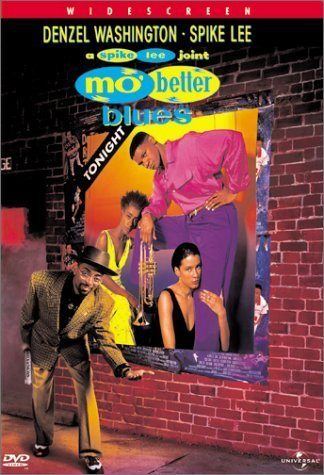
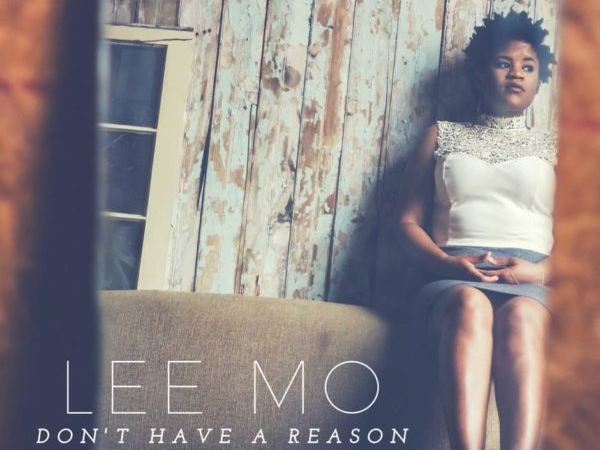
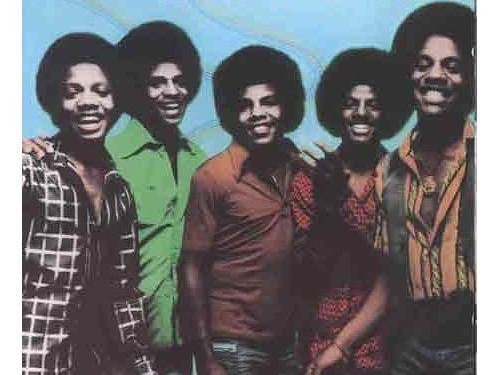
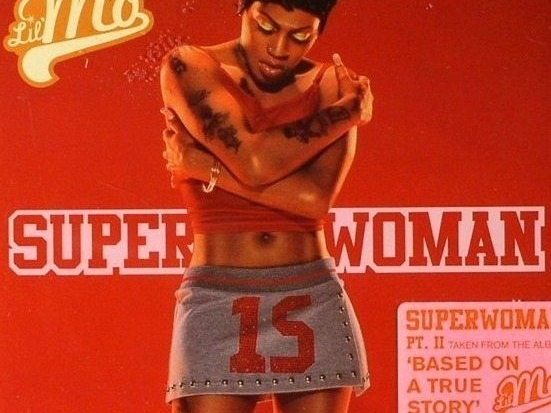
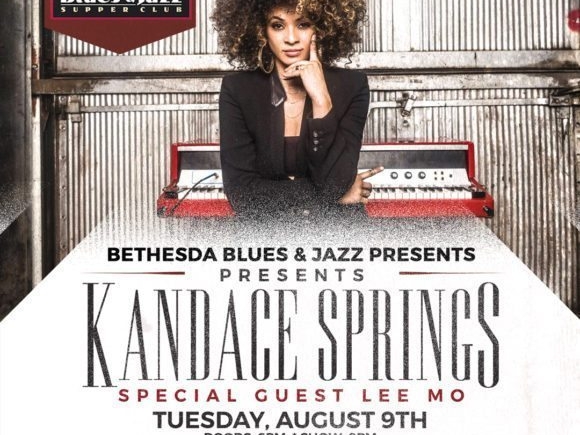
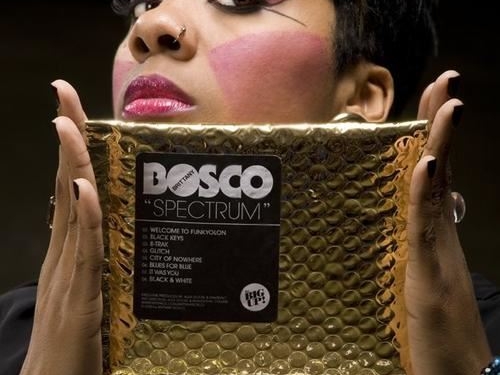
The song that Bleek plays on the Brooklyn Bridge is a string arrangement of Sing Soweto by Terence Blanchard.
maybe you can help me, 1st “Mo Better Blues” is & always will be my favorite movie of all time. The songs in this movie me touch me everytime I hear them & I can relate to this movie in tons of ways. I’m trying to figure out what song was 1) being played when Bleek was on the bridge after he called Clarke when she was in bed with Wesley Snipes & 2) what song was being played at the end…any help you can give would very much be thanked. My email address is femmes.d.allure@gmail.com
Any idea what music was playing in “Mo Betta Blues” when Bleek and his father were playing catch in the shadow of the Brooklyn bridge?
What a great question! Researching it now… on a personal note I always loved the scoring that Spike’s dad Bill did for his films.